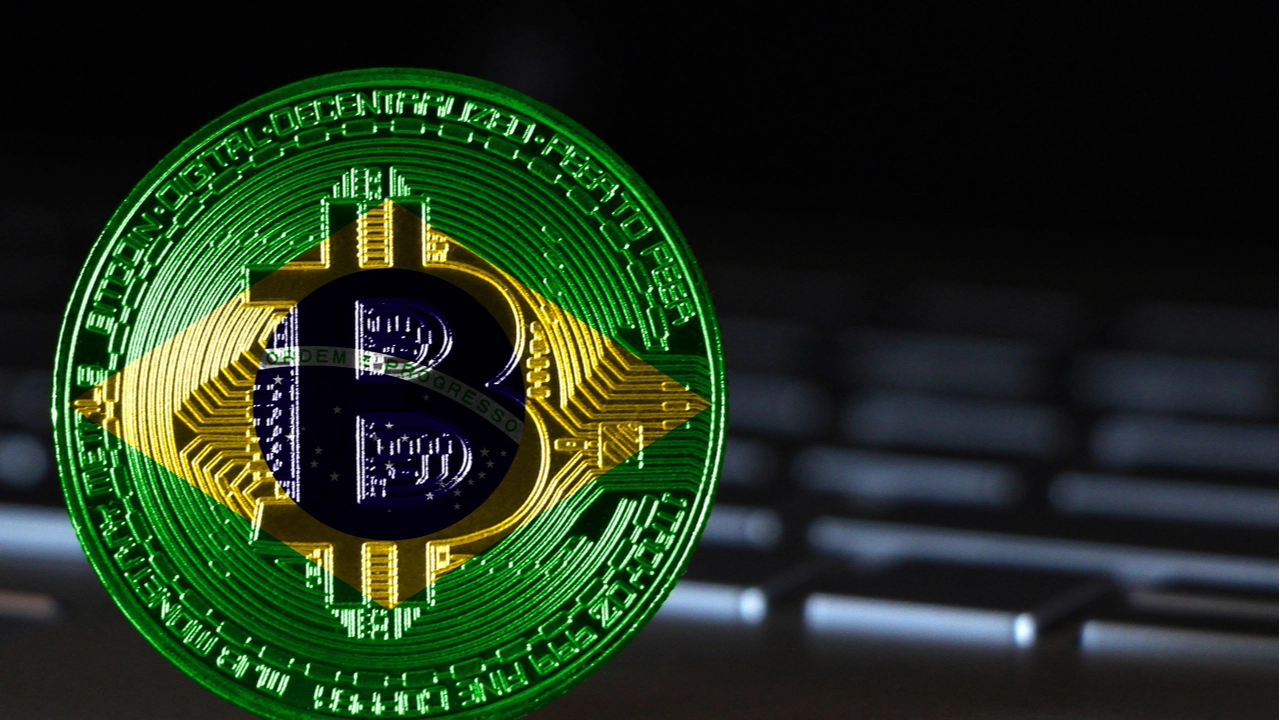
Brazil Integrates Blockchain Network to Trace Public Spending
In a bid to curb corruption and manage public finances, Brazil has unveiled a blockchain network for tracking public expenditure efficiently.
The event, which took place on the 30th of May, was enabled by a cooperation agreement between the Court of Accounts of Uniam (TCU) and the Brazilian Development Bank (BNDES). It was live-streamed on the Court’s official YouTube channel. The main objective of this decision is Brazil’s interest in improving efficiency and better accountability within its public administration.
According to a press release issued by TCU ahead of Monday’s launch event, Brazil’s Blockchain Network (RBB) is still under development but will be used by a number of government organizations with the aim of improving the services provided to its users. People become more transparent about public spending because of the open nature that the blockchain operates.
Ana Arraes, President of Uniam’s TCU, stated that the idea of implementing the use of blockchain into their governance had been an issue since 2019 in governmental debates and parliamentary meetings because of its unfamiliar nature and its service in providing data from public expenses.
She stated that “the use of Blockchain technology becomes widely discussed because it allows greater protection, transparency and integrity in the storage of information in public databases in order to allow auditability of the data placed.”
Though many citizens seem to be skeptical about this being another approach to cryptocurrency regulation in the country, which has been one of the issues discussed by legislators in the country, this new approach to accountability, however, appears to be much more than that from a technical and financial point of view.
Security and auditability of data, which is one of the best parts of blockchain innovation, would enable more straightforward and trustworthy information to be provided to the citizens of Brazil. Still, one of the worries about the scalability of this approach is the high transaction fees needed for processing transactions on the network. This might prove to just be another hurdle or a major deterrent factor when put into the country’s budgetary plans.
The energy consumption levels of this network might also affect the functionality of this initiative in the long run.
However, João Alexandre Lopes, manager of the Information Technology Area of Brazilian Development Bank (BNDES), stated that as soon as the integrity of the network has been validated, it will be made open-source by giving public access to the infrastructure and serve to benefit the public.
Contradicting the above statement is another Latin American country, Colombia. Colombia had earlier developed a similar technology to combat corruption but never went public with it or made any official reports after three months of its launch. The Ministry of Information Technologies and Communications in the Latin American country had noted, during the launch of their pilot program, that they “seek to verify the benefits of this new technology in the life cycle of a security, from issuance to maturity”, which proved to be a solid roadmap but it fell short of its planned six month conception period.
Similarly, Peru is applying the dynamics of blockchain to its public contracts to improve trackability as part of a project. Peru became part of LACChain as an initiative to meet up with the growing need and expansion of digital currencies in the financial market. LACChain is a regional program of the IDB Innovation Lab that has the aim of fastening the adoption and development of blockchain technology in Latin America. This trajectory of blockchain acceptance into governmental protocols would prove to serve as a more effective means of tackling administrative problems and also serve as a platform for evaluating the transparency of public services.







